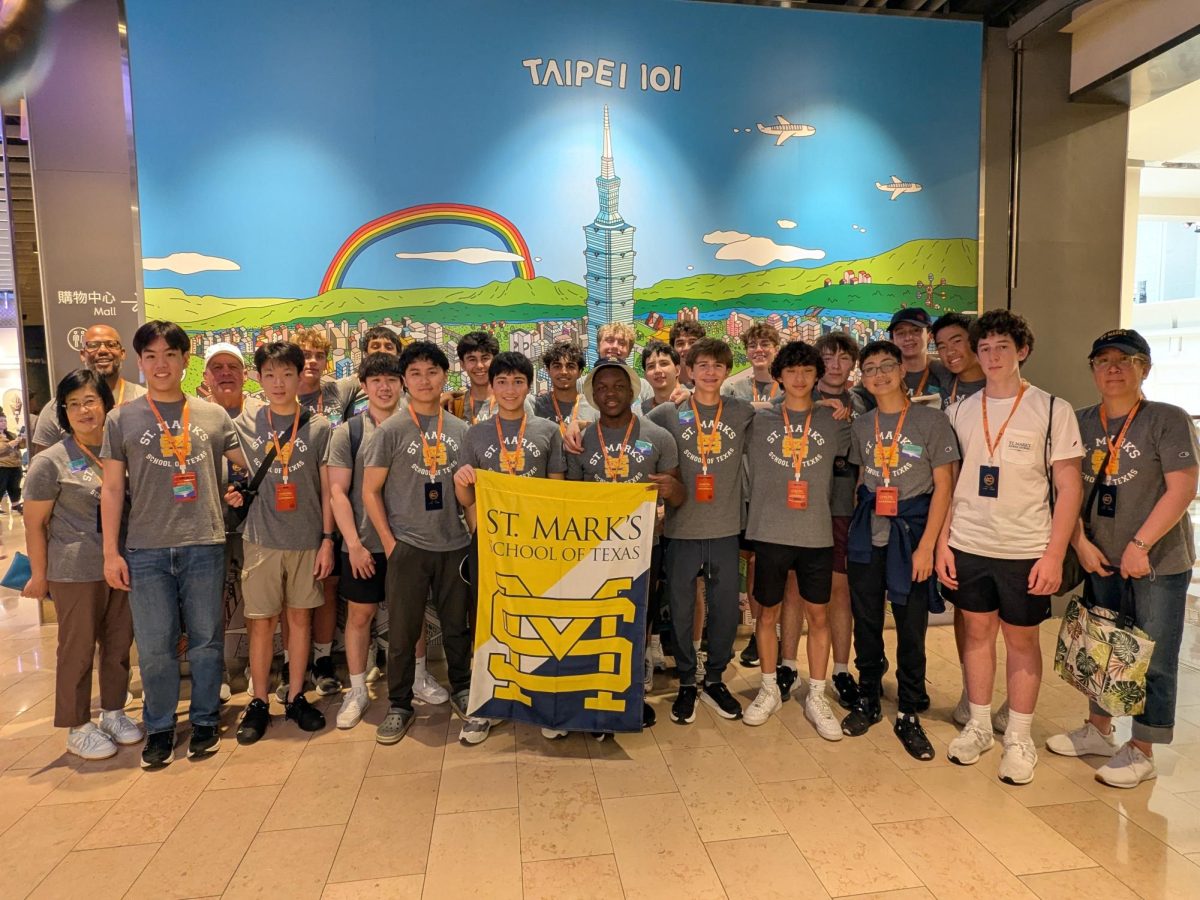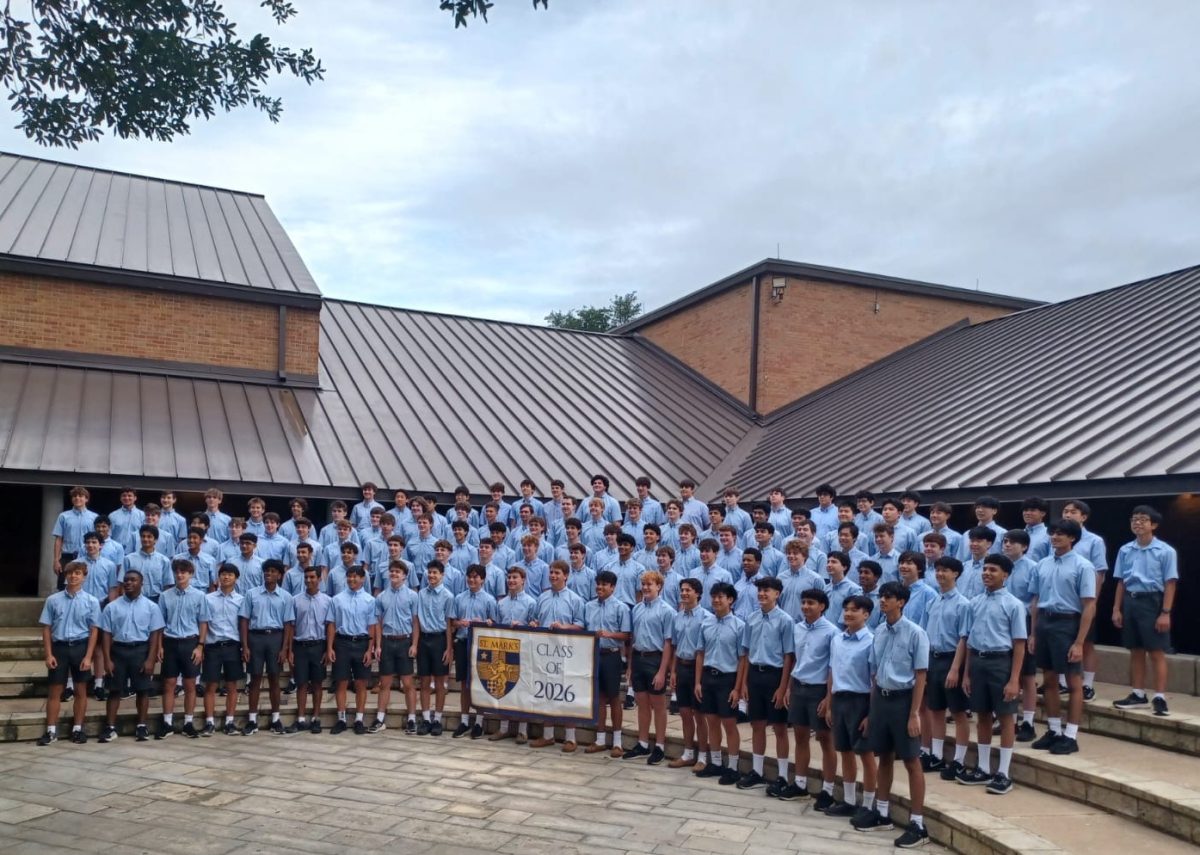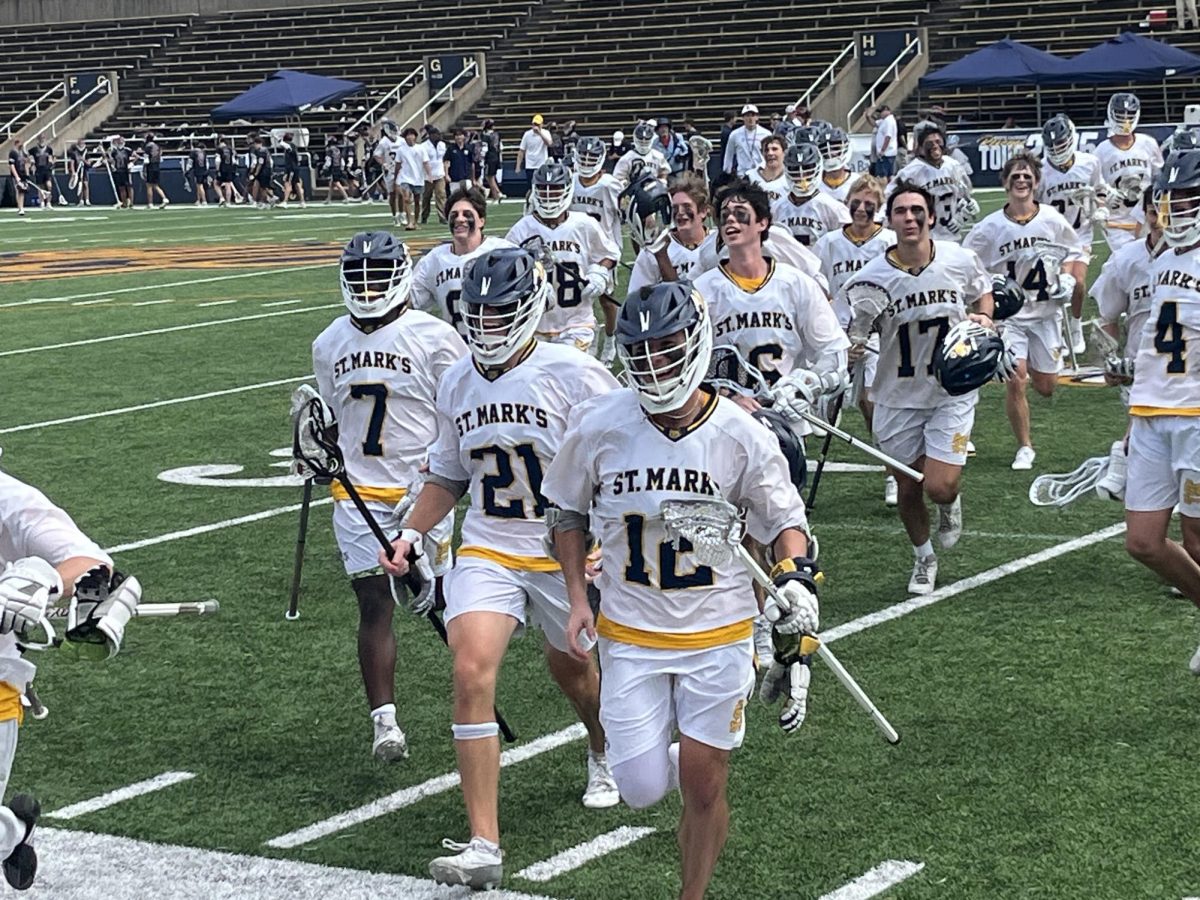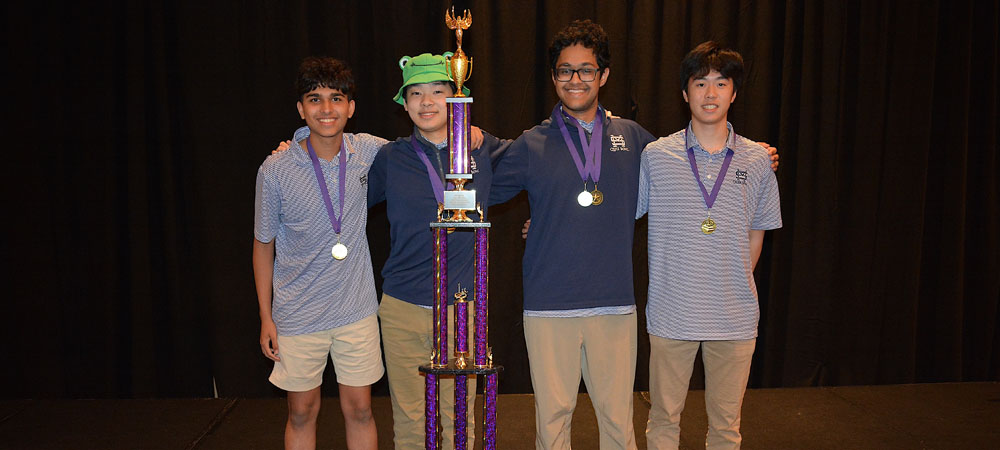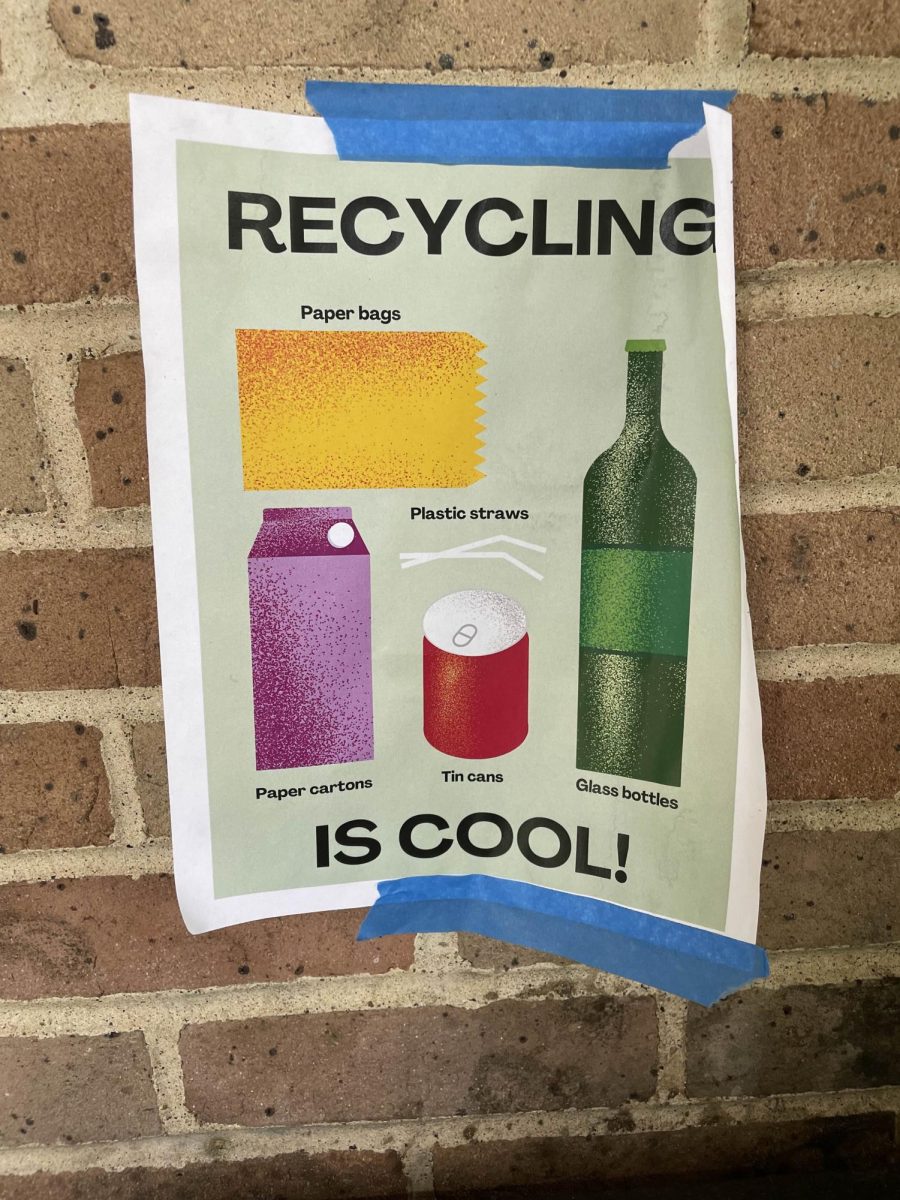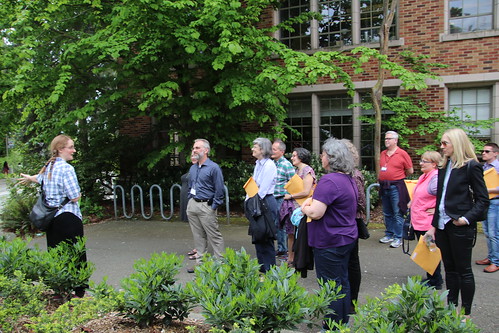
College campus tours have been a long standing tradition in the college application process. Offering the benefit of seeing the campus in person, tours can potentially give students the final deciding factor, helping them to choose whether to or whether to not apply to a school. However, as college tours start to move online, their overall benefit is called into question.
Tours allow students to not only see the campus but also to experience it. While seemingly insignificant, things such as climate, the campus size, the college’s distance from a student’s home, and the community the college fosters are all important in helping a student find a college that fits him.
“It’s an opportunity for prospective students to see the campus,” Associate Director of College Counseling Josh Shandera said. “That’s important because it gives prospective students a chance to think, ‘Can I see myself being here?’”
Demonstrated interest is a motivating factor to go on a college tour, as it will make students more likely to be accepted if they have shown interest in the school through tours, camps, and other programs.
“For some schools, it can have a tangible effect in the process,” Shandera said. “Many schools, especially some of the most selective schools, don’t consider demonstrated interest. So it’s great that you’ve seen the campus, but it’s not a requirement, and it’s not something that they’re looking for in the review process.”
However, not all schools track it. A benefit that is more universal among schools is the information sessions. While most information given is available online, tours give students the opportunity to ask specific questions and cover specific information that may not be easily accessible online.
“In the introduction bit, they’ll often say things that are very similar to other colleges that you’ll be looking at, but they’ll also say one or two distinctive things,” Senior Carson Bosita said. “Those few things are the ones you need to pay attention to.”
And unlike virtual tours and college websites, physical tours offer a chance to engage with students at the college. The human element, hard to find online, allows students to better understand the school and community they are interested in through the perspective of students attending the college.
“When you go to a college, you’ll see the buildings and you’ll see the architecture,” Bosita said. “But the students… are usually very hard to find online, and it makes so much more sense to talk to the people already there because they’ll have a much clearer, very human idea of what the college is like.”







